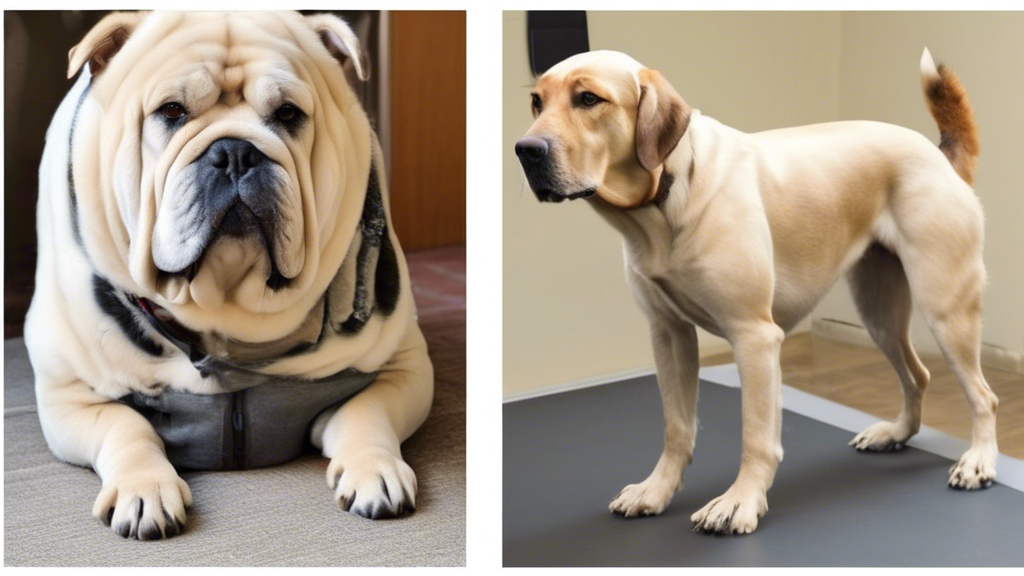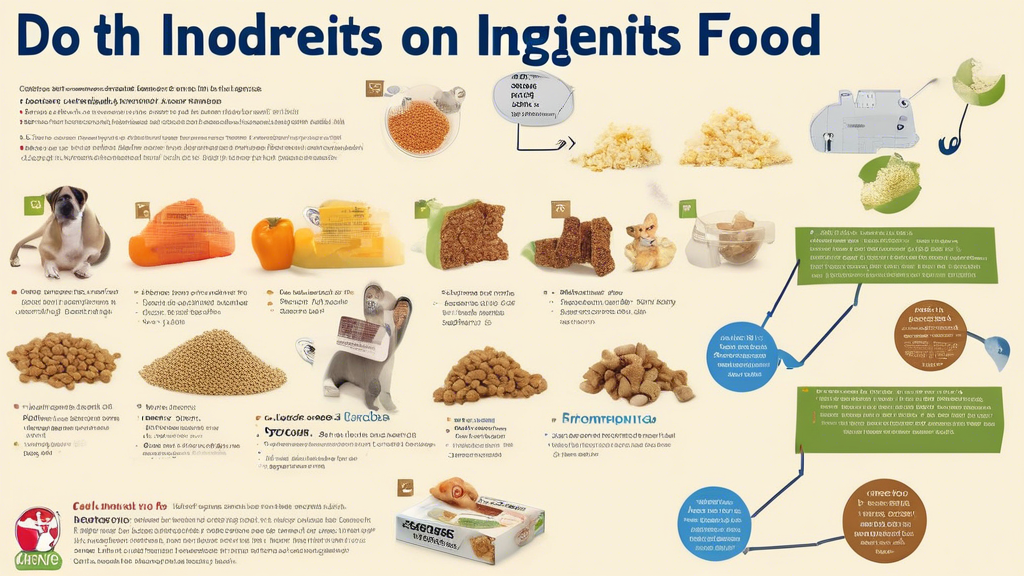Dog Losing Weight? Causes and Solutions to Sudden Weight Loss in Dogs
Sudden weight loss in dogs can be alarming and concerning. Understanding the potential causes and exploring effective solutions is crucial to ensure the well-being of your furry companion. This article aims to provide a comprehensive insight into the causes of sudden weight loss in dogs and outlines practical solutions to address this issue.
By delving into the medical, behavioral, and dietary factors that can contribute to weight loss, we empower pet owners with the knowledge to identify the underlying cause and implement appropriate interventions. Moreover, we emphasize the importance of routine veterinary check-ups and ongoing monitoring to maintain optimal health and prevent future weight loss.
## Causes of Sudden Weight Loss in Dogs
Sudden weight loss in dogs can be an alarming symptom, indicating underlying health concerns or behavioral changes. Identifying the cause of weight loss is crucial for effective treatment and long-term management.
### Medical Conditions
**1. Diabetes:** Excessive thirst, frequent urination, and increased appetite are classic signs of diabetes, a condition that affects the body’s ability to regulate blood sugar levels.
**2. Cancer:** Weight loss can be a symptom of various types of cancer, including gastrointestinal, respiratory, and urinary tract cancers.
**3. Parasites:** Internal parasites, such as roundworms, hookworms, and whipworms, can rob dogs of essential nutrients, leading to weight loss.
### Behavioral Changes
**1. Anxiety and Stress:** Stress or anxiety can cause changes in eating habits and reduced food intake. Dogs experiencing these emotions may exhibit panting, pacing, and destructive behaviors.
**2. Inappetence:** Loss of appetite or anorexia can result from a variety of causes, including gastrointestinal pain, nausea, and depression.
### Dietary Factors
**1. Poor Quality Diet:** Diets low in nutrients or high in fillers can fail to meet a dog’s nutritional needs, leading to weight loss.
**2. Food Allergies:** Allergies to specific ingredients in food can cause inflammation in the digestive tract, resulting in decreased nutrient absorption and weight loss.
### Additional Factors
**1. Age:** Senior dogs may experience a decline in metabolism and increased difficulty digesting food, leading to weight loss.
**2. Medications:** Certain medications, such as steroids and antibiotics, can cause side effects that include weight loss.
**3. Environmental Factors:** Changes in temperature, altitude, or other environmental factors can affect a dog’s appetite and energy levels, potentially leading to weight loss.
The #1 Free Source for Pitbull & Bully Pedigrees!

## Solutions for Dog Weight Loss
Addressing weight loss in dogs involves a multifaceted approach that encompasses medical, nutritional, and behavioral interventions. Here are comprehensive solutions to help manage sudden weight loss in canines:
1. Identifying and Addressing the Underlying Cause
The primary focus should be on identifying and addressing the underlying medical condition or behavioral issue that is contributing to weight loss. Comprehensive veterinary examinations, including blood work, urinalysis, and imaging, can help diagnose medical conditions such as diabetes, cancer, or parasitic infections. Addressing these conditions through appropriate therapies and medications can help restore a healthy body weight.
2. Providing a Balanced, High-Quality Diet
Nutrition plays a crucial role in weight management. Ensure that your dog’s diet is balanced, providing adequate calories, protein, and essential nutrients. Consider consulting with a veterinary nutritionist or certified animal nutritionist to formulate a customized diet plan tailored to your dog’s individual needs. Avoid feeding low-quality foods or table scraps, as they may lack essential nutrients and contribute to weight loss.
3. Managing Stress or Behavioral Issues
Stress and behavioral problems can lead to changes in appetite and weight loss. Identify potential stressors in your dog’s environment, such as separation anxiety, fear of loud noises, or changes in routine. Implement strategies to reduce stress, such as providing a safe and comfortable space, engaging in regular exercise, and seeking professional help from a veterinarian or animal behaviorist if necessary.
4. Routine Veterinary Check-ups and Monitoring
Regular veterinary check-ups are vital for monitoring your dog’s weight and overall health. The veterinarian can assess your dog’s body condition score, check for changes in weight, and perform necessary tests to rule out any underlying medical conditions. Consistent monitoring allows for early detection of potential weight loss problems, enabling prompt intervention and treatment.
**Conclusion**
Sudden weight loss in dogs can be a concerning sign, and understanding its causes is crucial for maintaining their well-being. Medical conditions, behavioral changes, and dietary factors play a significant role in unexplained weight loss. To address this issue, a thorough investigation of the underlying cause is essential. Veterinary professionals can conduct a comprehensive examination, review the dog’s medical history, and perform diagnostic tests to determine the cause.
Once the underlying cause is identified, appropriate solutions can be implemented. These may include medical treatments for underlying conditions, behavioral therapy for stress or anxiety, and dietary modifications to ensure a balanced and nutritious diet. Regular veterinary check-ups and monitoring are also crucial to track progress and make necessary adjustments as needed.
By promptly addressing unexplained weight loss in dogs, pet owners can effectively manage the condition, restore their pet’s health, and promote their overall well-being. Understanding the causes and implementing appropriate solutions will ensure the dog’s long-term health and happiness. It is recommended to consult a veterinarian for professional advice and guidance throughout the process.














Leave A Comment